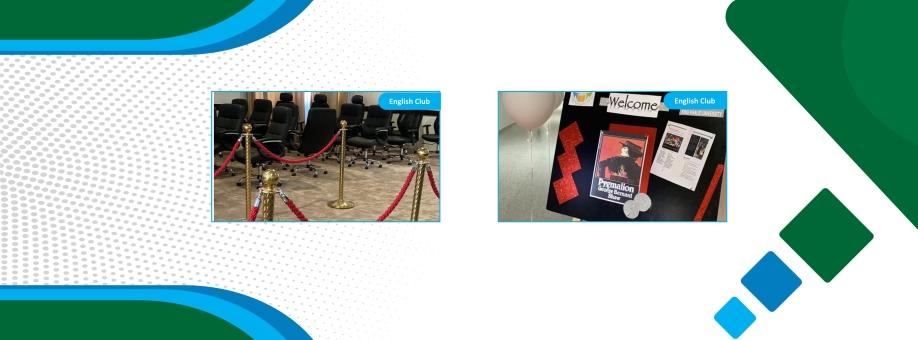Enhancing Communicative Competence in English: Some Needs to Be Addressed
Ms. Sharmin Siddiqui presented a paper titled "Enhancing Communicative Competence in English: Some Needs to Be Addressed" at a webinar organized by the Language Research Center on March 02, 2022. She highlighted the notion, components, strategies, and issues related to communicative competence.
The presenter referenced different scholarly views (Widowson, Brown, etc.) on communicative competence. Based on the scholarly opinions, she explained the fact that proper knowledge of a language is beyond the learners' ability to understand, read, write and speak. The proper competence is not fulfilled unless the learners' knowledge has its communicative effect. She also emphasized the real-world application of the target language, which is something closely associated with communicative competence. She added the intriguing phenomenon that communicative competence among students in a foreign or second language is more complex than we like to think.
Siddiqui highlighted the controversy over the notion of communicative competence mentioning the fact that Chomsky was the first proponent to distinguish between the lexical items – performance and competence. Chomsky, she added, clearly termed the former as the knowledge of various grammatical rules and the latter as successful communication. Hymes added socio-cultural factors to this concept, said Siddiqui.
Siddiqui explained in detail the four components of communicative competence (Sauvignon 1997) – discourse competence, strategic competence, grammatical competence, and sociolinguistic competence. These four can be the basis for curriculum design as well as classroom practice. There is a need for special hours to provide students with facilities and guidance for their proper improvement.
When it comes to issues associated with communicative competence, she added lack of linguistic and background knowledge, inability to organize ideas and express oneself, foreign language inhibition and anxiety, shyness, interlanguage errors, overgeneralization, excessive use of the native tongue, and limited teaching time are some of the main problems impeding the development of communicative competency among English language learners.
Siddiqui concluded that having the proper communication skills would equip learners with confidence and the ability to express themselves effectively. Constant and systematic research is needed to understand how to help students achieve communicative competence fully.
The webinar was very interactive and a great success with both male and female faculty members' active participation.
Date: 3/5/2022
Source: Mohammad Adil Siddique

